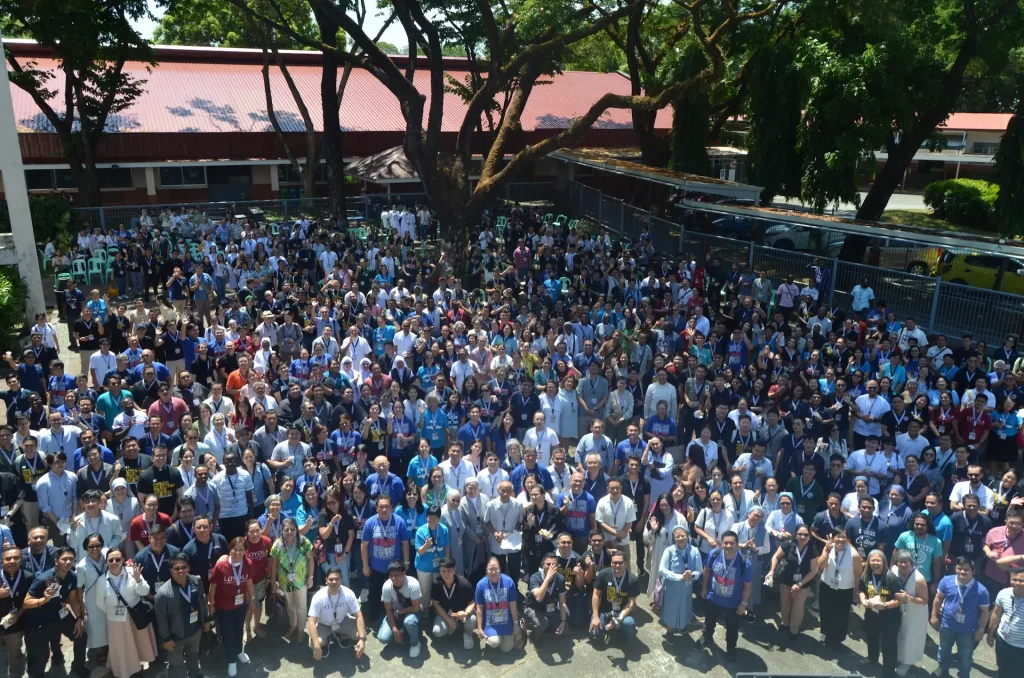Abaca, coffee and rubber are three very different crops that can make a difference to the indigenous communities in Mindanao – both economically and socially.
In October, 30 youth from Upper Pulangi, Bukidnon in northern Mindanao spent 10 days learning about these crops, how to produce them and how to do so with a sense of environmental stewardship. Jesuit research institute Environmental Science for Social Change (ESSC) conducted the training, in partnership with the Malaybalay City Agriculture Office and the Fibre Industry Development Authority.
The training focussed on abaca, coffee and rubber because they are already grown by the local communities and have clear markets in the valley. Abaca is a familiar crop and many upland indigenous communities use abaca fibre in weaving traditional clothing and bags. Coffee was introduced in Upper Pulangi by migrant logging workers who opted to stay in the valley after the logging companies ceased to operate. The youth learnt that although coffee production takes longer and management practices are complex, market demand for coffee is huge thus making coffee production a profitable livelihood venture. Rubber is a popular crop because it commands a high price.
The participants also learnt about the need to minimise the impact of their activities on the local environment. For example, growing rubber can give them a stable income but the plantations reduce the biodiversity in the area. So as they plant more rubber trees, it is important that they continue their assisted natural regeneration activities and planting of endemic trees in their lands.
The youth also learnt about inland fishing of tilapia, commonly referred to by many in the area as “fishpond making”. Topics covered included how to establish the pond, feeding requirements, how the fish reproduce and harvesting.
The training was part of the Generating Advancement for Upland People (GAUP) project to generate systems of productivity while strengthening the stability of the local environment in the ancestral domain of the Pulangiyen. It is supported by Misean Cara through the Irish Jesuit Mission.
To read the full story in the ESSC website, click here.






